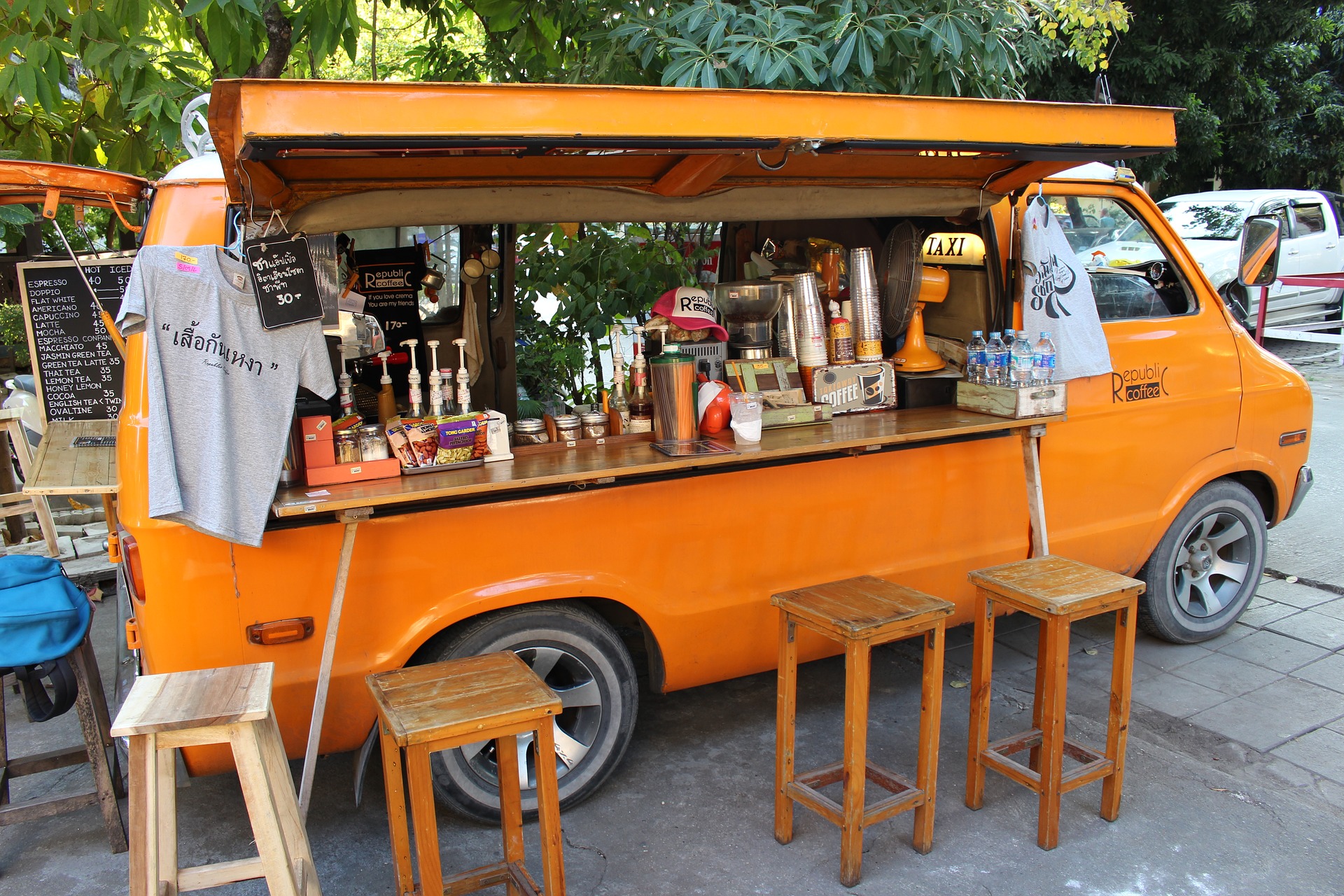
With many restaurants and cafes struggling for clients due to people working remotely, owners are pivoting their businesses by taking them on the road. We look at the legal and catering van insurance compliance you need to make your new venture a success.
Staying Afloat in Hospitality
It is no surprise that the COVID-19 pandemic has hit specific business sectors hard, particularly those in hospitality and restaurants. The Office for National Statistics (ONS) reported widespread closures in the services sector - which powers 80 per cent of the UK economy - suffering the steepest quarterly decline ever recorded. That includes the closure of shops, hotels, restaurants, schools and car repair shops.
With restaurant chains such as Ask, Zizzi, Wagamama, Frankie and Benny’s and Carluccio’s, all making thousands of redundancies, many restaurateurs and café owners may be feeling the need to broaden their businesses. The good news is that a study by the UK Nationwide Catering Association found customers wanted to support independent restaurants with 39 percent saying they ordered more frequently from their local restaurant than before the crisis.
After some initial declines at the start of lockdown, the takeaway market has returned to its pre-COVID high with orders more than double what they were pre-COVID, so taking your restaurant business mobile could be a way to turn dwindling sales back to profit. Here is some of our advice on mobile catering van insurance and what you will need on the road.
Mobile Restaurants: Staying Legal
Many restaurants are going down the pop-up route or modifying vans as a mode to reach as many customers as possible. Because a restaurant van remains an on-road motor vehicle, you’ll still need conventional motor insurance, usually comprehensive, third party fire and theft or third party only. This covers you in exactly the same way as a normal car policy if you have an accident or if the vehicle is stolen.
In addition to your normal vehicle insurance, you will also need public liability insurance, which covers you against legal costs and injury compensation claims if you’re blamed for injury to the public or for property damage (including road traffic accidents). Remember that ordinary insurance will not cover your mobile restaurant liability because you are carrying materials such as gas bottles, griddles, fridges and hotplates on board.
It is therefore important that you get the right type of catering van insurance that is specifically intended for vehicles which include pop-up restaurants or takeaway meals. You will also need to check that your licence is in the correct category too, as you could need an HGV licence.
Catering Van Insurance Extras
Once you have the basic insurance foundations in place, you can start thinking about other business cover you might need, including employers’ liability insurance, stock insurance and legal expenses insurance for extra surety.
Other things to consider are:
- Stock cover – to safeguard against the cost of replacing your high-end desserts in the event of a fridge or freezer malfunction
- Cash protection – to cover the cost of any potential losses through theft
- Legal protection – to cover you against legal costs
You cannot just rock up at a desired location either. Mobile restaurant licensing laws differ between councils and cities, so you still need to make sure you complete the right paperwork before you can pop-up. For example, if you plan to serve alcohol, you will need a license (or council approval for a BYOB).
You will also need specific licenses if you want to play live or background music. The UK government has a helpful guide to licences. Please visit: https://www.gov.uk/licence-finder to find out what you might need.